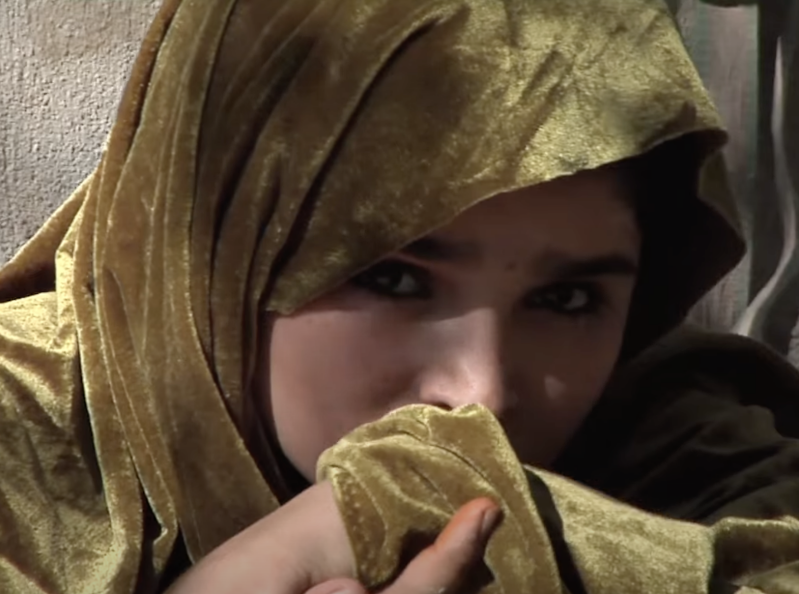
The National Assembly of Pakistan has passed a law raising the legal marriage age to 18 for boys and girls belonging to the Christian community, bringing Christian marriage laws in conformity with Pakistan’s child protection and human rights standards.
The bill titled ‘Christian Marriage (Amendment) Act, 2024’ -- presented by a Christian member of the National Assembly, Naveed Amir Jeeva, updates the Christian Marriage Act of 1872, which previously set the marriage age at 16 for boys and 13 for girls.
“The legislation aims to protect young girls from early and forced marriages, ensuring their access to education and health,” Jeeva said after the approval of the bill on July 10.
Christian Senator Kamran Michael first proposed the amendment in the Senate in January 2023, stressing that increasing the marriage age was essential to protect children from sexual abuse and forced conversions, a major challenge facing Christians in Pakistan.
The statement accompanying the bill noted the state’s responsibility to protect children from exploitation and uphold their constitutional rights. With approval from both houses, the amendment now awaits the President’s signature to become law.
“The amendment was submitted after the consensus of all the mainline churches of Pakistan which is why it sailed through the vote smoothly,” Jeeva told Christian Daily International.
He said the community was hopeful that the legislation would protect their girls. “It will also secure their fundamental rights, particularly their right to education, health, and other ancillary rights,” he added.
The passage of the law was warmly welcomed by the leaders of the two main church denominations in Pakistan.
“The church fully supports the amendment. It will help in preventing forced marriages of underage Christian girls as well as in ensuring that their health, education, and overall well-being does not suffer,” said Bishop Azad Marshall, the president of the Anglican Church of Pakistan and the National Council of Churches in Pakistan.
Marshall lauded Senator Michael, whose 6-year term in the Upper House ended earlier this year, and MNA Naveed Jeeva for their efforts to protect the rights and protection of Christians in Pakistan.
“The passage of the Act with consensus of all stakeholders is also significant as it has paved the way for unified action on other critical issues, particularly forced conversions of underage girls and misuse of the blasphemy laws,” he said.
The Pakistani primate bishop of the global Anglican Communion told Christian Daily International that discussions were underway for holding a broad-based consultation with all mainline churches, ministries and political, social and civil leaderships to evolve a strategy and roadmap for the Christian community in view of the plethora of crises facing the population.
“I believe it’s time to sit together and charter a path for our people. Pakistan is facing a multitude of serious challenges in all spheres, especially economy, terrorism and law and order, therefore we need to rise beyond our differences in larger interest of our community,” he said.
The Catholic Bishops' Conference of Pakistan (CBCP) and its human rights body, the National Commission for Justice and Peace (NCJP), also welcomed the amendment.
In a joint statement, Bishop Samson Shukardin, NCJP National Director Father Bernard Emmanuel and NCJP Executive Director Naeem Yousaf Gill said that this was a longstanding demand of the Christian community.
"We extend our sincere appreciation to the entire parliament for passing this bill unanimously,” they said.
“This legislation will play a crucial role in protecting our young and minor girls from forced conversions and child marriages. We hope the government will take further steps to criminalise forced religious conversions."
The recent amendment approved in the Christian marriage laws and another legislation submitted in the Punjab Provincial Assembly in April this year seeking to criminalize underage marriages by raising the legal age for marriage for both boys and girls to 18 years, are being seen as a major gain in the struggle to protect minority girls.
Activists, however, say that though raising the legal marriage age to 18 years for both boys and girls will help in preventing child marriages, yet certain amendments are required to ensure that the law will truly be effective in protecting minority girls.
The new law needs to override all “special” laws and maxims related to determining of a girl’s age of maturity, they say with reference to Sharia (Islamic law) that allows girls attaining puberty to be considered adults.
A bill seeking to prevent forced conversion and forced marriages of minority girls was tabled in the Punjab Assembly in 2021 but was not taken up for discussion due to pressure from hardline Muslims.
Activists say that Pakistan’s Islamic clergy play the biggest role in underage marriages involving minority girls, particularly Christians and Hindus. Islamic clerics have fiercely opposed legislation against forced conversions in Sindh Province, and they also censured a federal bill seeking to curb forced conversions in 2021.





